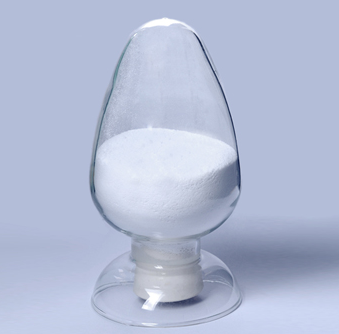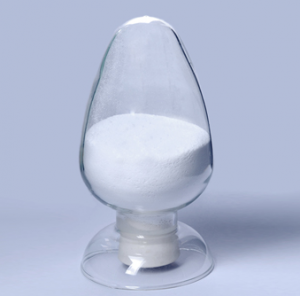描述
Product Description: Glycine
Product Alias: Aminoacetic acid, Glycocoll
Appearance: White crystalline powder
Character: Glycine is a non-essential amino acid that is naturally produced in the body. It is the simplest amino acid, consisting of a single amino group (-NH2) and a carboxyl group (-COOH) attached to a central carbon atom. Glycine is highly soluble in water and has a sweet taste.
Category: Amino Acid
Chemical Formula: C2H5NO2
Molecular Formula: NH2CH2COOH
Glycine is a versatile amino acid that finds numerous applications in the pharmaceutical industry. Its unique properties and functions make it an essential ingredient in various pharmaceutical formulations. Here are some of the key applications of glycine in the pharmaceutical industry:
-
Excipient in Drug Formulations: Glycine is widely used as an excipient in the formulation of various drugs. It acts as a stabilizer, buffering agent, and pH adjuster in oral and parenteral formulations. Its ability to maintain the pH of solutions within a narrow range makes it an ideal choice for drug formulations.
-
Protein Synthesis: Glycine plays a crucial role in protein synthesis, which is essential for the growth and repair of tissues. It is involved in the formation of collagen, the most abundant protein in the human body. Collagen provides structural support to various tissues, including skin, bones, and tendons.
-
Neurotransmitter Regulation: Glycine acts as an inhibitory neurotransmitter in the central nervous system. It helps regulate the excitability of nerve cells and plays a role in the transmission of nerve signals. Glycine receptors are targeted by certain drugs used in the treatment of neurological disorders, such as epilepsy and spasticity.
-
Antioxidant Activity: Glycine exhibits antioxidant properties, which help protect cells from oxidative damage caused by free radicals. Oxidative stress is implicated in various diseases, including cardiovascular disorders, neurodegenerative diseases, and cancer. Glycine’s antioxidant activity contributes to its potential therapeutic applications in these conditions.
-
Sleep and Mental Health: Glycine has been studied for its potential role in improving sleep quality and mental health. It is involved in the synthesis of serotonin, a neurotransmitter that regulates mood, sleep, and appetite. Glycine supplementation has shown promising results in improving sleep quality and reducing symptoms of anxiety and depression.
-
Wound Healing: Glycine plays a crucial role in wound healing by promoting collagen synthesis and tissue repair. It helps in the formation of new blood vessels and accelerates the healing process. Glycine-based wound dressings and topical formulations are used to enhance wound healing and reduce scar formation.
-
Drug Delivery Systems: Glycine is used in the development of drug delivery systems, such as nanoparticles and liposomes. It helps stabilize and protect drugs during formulation and enhances their bioavailability. Glycine-based drug delivery systems offer controlled release and targeted delivery of drugs, improving their therapeutic efficacy.
In conclusion, glycine is a versatile amino acid with diverse applications in the pharmaceutical industry. Its role as an excipient, protein synthesis facilitator, neurotransmitter regulator, antioxidant, sleep and mental health enhancer, wound healer, and drug delivery system component makes it an indispensable ingredient in various pharmaceutical formulations. With its wide range of benefits and applications, glycine continues to be a valuable asset in the field of pharmaceutical research and development.

